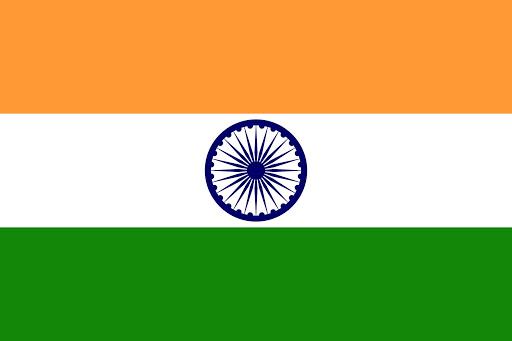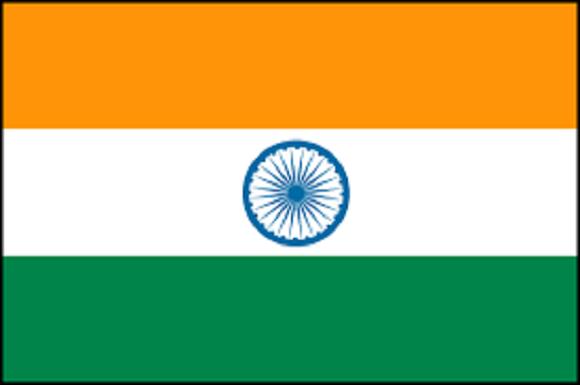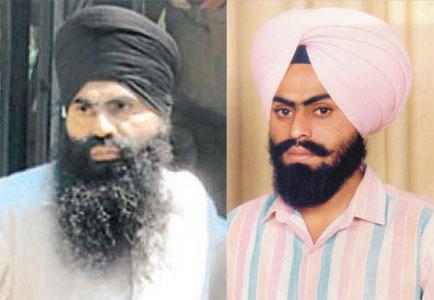
Punishing Sex Crimes: The Evolution of the Death Penalty in India
Report
According to the report, in 2019, the number of people sentenced to death decreased. However, at the same time, there is a significant increase in the number of convictions for sexual crimes: 52.94% compared to the previous year.
The issue of sexual violence against women and children is now at the center of India’s legislative and societal concerns in 2019.
Key points of the report
– 102 death sentences were handed down this year by courts of first instance, compared to 162 in 2018;
– As of 31 December 2019, 378 people were on death row;
– The two most frequent types of crime for those on death row are:
– Murder with sexual offence (54 convictions),
– Murder (28 convictions);
– 3 prisoners sentenced to death died in prison;
– 6 states have not passed death sentences in 4 years (Arunachal Pradesh, Goa, Meghalaya, Mizoram, Nagaland and Sikkim);
– Of the 102 convictions, Rajasthan has the most convictions with 13 this year, followed by Uttar Pradesh with 12 convictions, Madhya Pradesh with 11 convictions and Karnataka with 10 convictions.
4 people executed for the first time since 2015
Sentenced in 2013 for the gang rape and murder of Jyoti Singh Pandey in New Delhi, Vinay Kumar Sharma, Pawan Gupta, Mukesh Singh and Akshay Thakur were executed by hanging on 20 March 2020, although the country had not carried out an execution since 2015.
The infamous case provoked a wave of anger in India and around the world, prompting the government to change the law to include an amendment (the Nirbhaya law) in 2013 making gang rape punishable by death.
In December 2019, following popular outrage in response to the mass rape in Hyderabad the previous November, the Andhra Pradesh state legislature amended the Indian Penal Code of 1860 to provide for the death penalty as the exclusive punishment for rape. This state-sponsored amendment to the Indian Penal Code must now be approved by the president in order to come into force in the state of Andhra Pradesh.
The Disha Act 2019 (named after the rape survivor in Hyderabad), passed by the Andhra Pradesh legislature, includes a provision to shorten the trial period to 21 days.
Amendment of the POSCO Act 2012
Between July and August 2019, five new clauses were added to the POSCO (Protection of Children against Sexual Crimes) Act, including the death penalty for aggravated sexual assault committed by a person in a position of authority. This concerns persons working as civil servants, for example, but also the child’s parents, relatives or a teachers. The amendments were voted by the Rajya Sabha upper house and the Lok Sabha lower house of the Indian parliament.
However, this amendment may, instead of protecting children, put them in even greater danger. There is a greater risk that the perpetrator will kill his victim to escape conviction. It may also make it even more difficult to report cases, as assaults are often committed by someone close to the child.
Convictions for sex crimes are more often confirmed
The report also notes a trend towards the confirmation of sentences for murder cases involving sexual offences by the High Courts. Seventeen sentences were confirmed, while only 15 were commuted. By way of comparison, for cases of simple murder, 8 cases were confirmed while 17 that were commuted.
The Supreme Court, for its part, has a greater number of commuted sentences than confirmed sentences, with 11 cases commuted while only 4 confirmed.
Most of the time, the sentences pronounced by the High Courts and the Supreme Court at the time of the commutation of the death penalty are:
– life imprisonment (subject to remission after 14 years);
– followed by imprisonment for the remainder of natural life (not subject to remission).
In 2019, 6 death warrants were issued against prisoners, all of which were eventually suspended by the courts.
The Abolition of Capital Punishment (Amendment) Bill, 2019
Last July, Congress MP Pradeep Tamta introduced a bill to abolish the death penalty in India. He argued that the death penalty has been abolished in most countries in the world and that in India, it is often the result of botched investigations that affect mostly poor people.
He withdrew the law by the appeal of G. Kishan Reddy, Minister of State for Home Affairs, who said that the government will decide after all the different states have submitted their reports on the issue of the death penalty.
Categories
India





